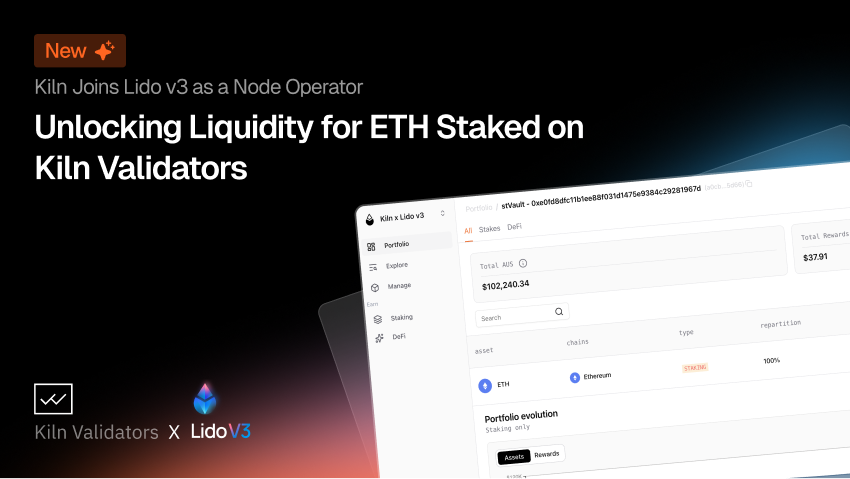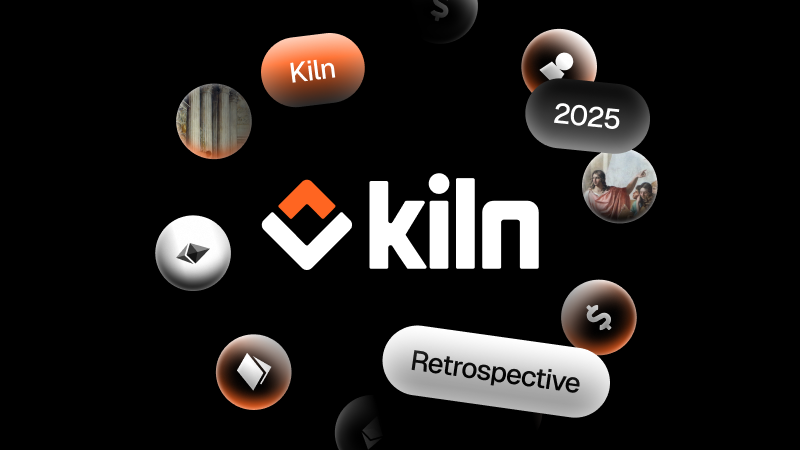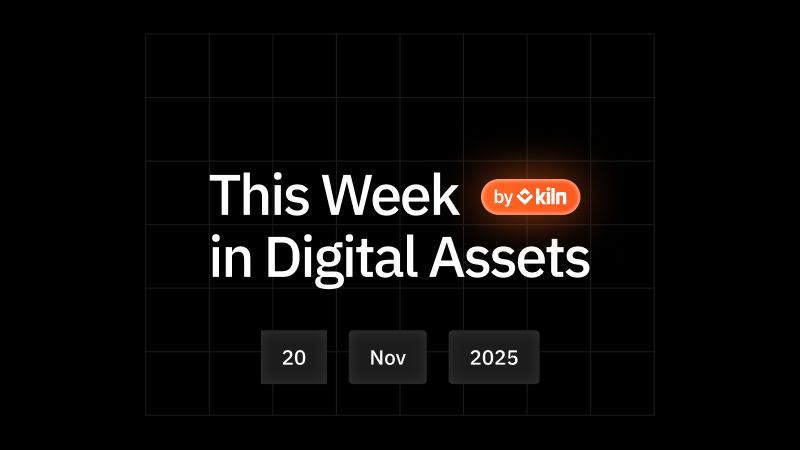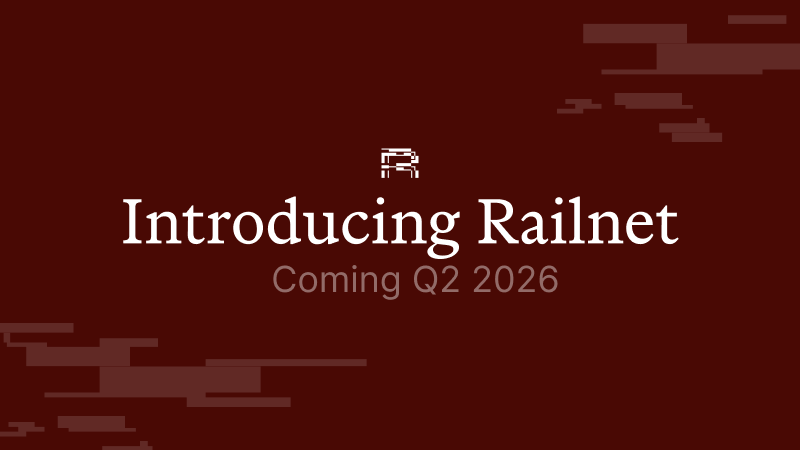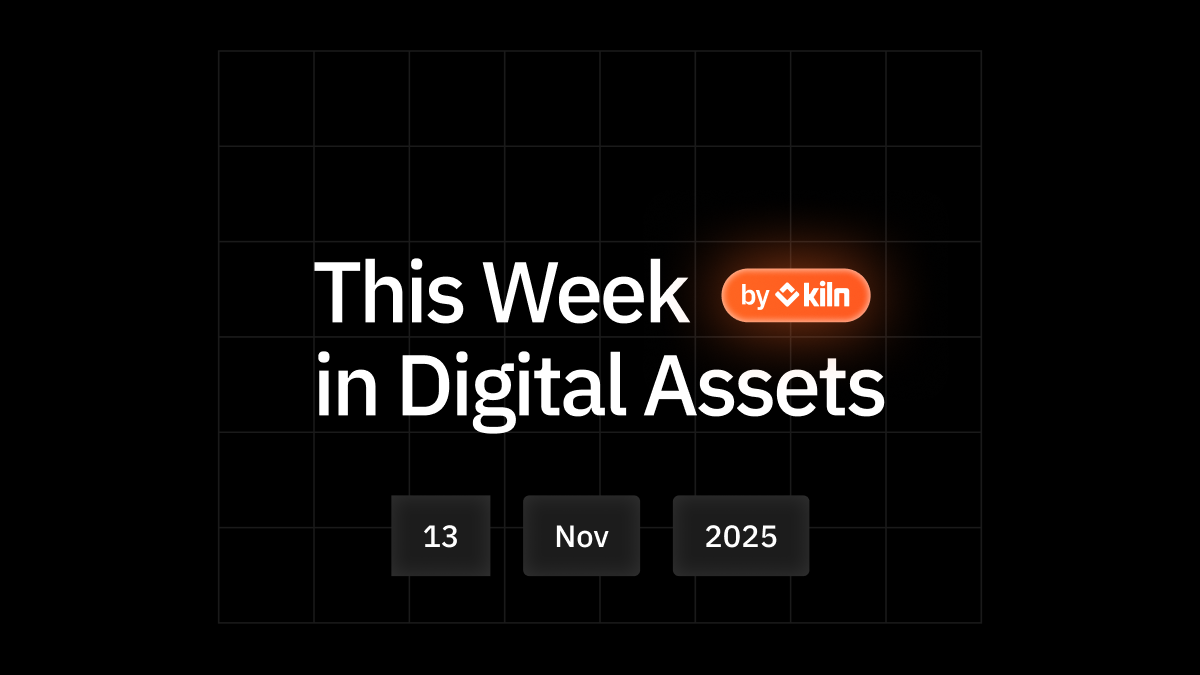As of February 9th, 2024, EigenLayer has marked another milestone, achieving a Total Value Locked (TVL) of $6 billion following the conclusion of the latest liquid staking token restaking window. EigenLayer's impact on the industry has already been substantial, and with the mainnet launch scheduled for the end of March, its significance is poised to grow. At Kiln, we actively engage with these developments, operating as an operator and assisting clients like Ledger, who will soon offer restaking powered by us to their customers.
While EigenLayer gains attention, understanding concepts like restaking and identifying projects within the Actively Validated Services (AVS) ecosystem remains a challenge for many. To bridge this gap, we've initiated a series of interviews with key players in this space, starting with Sreeram Kannan, CEO from EigenLayer.
What is EigenLayer about?
EigenLayer creates a decentralized trust marketplace enabling Ethereum stakers to "restake" or dedicate a portion of their existing staked ETH or liquid staking tokens to support additional protocols. It serves as a coordination engine for open innovation, offering a playground for innovators. Participants, including stakers, providing capital, validators contributing computational resources, and AVS introducing innovative ideas, work collaboratively. EigenLayer is establishing a decentralized trust pool, breaking down entry barriers for building new services called AVS.
What is an AVS?
AVS, or Actively Validated Services, refers to applications, data availability layers, bridges, oracles, or any system requiring distributed validation semantics. It operates as a decentralized software-as-a-service, leveraging EigenLayer's shared security. This allows AVS builders to focus on their primary objectives without the complexity of bootstrapping their own consensus, and bootstrapping a validator ecosystem. EigenLayer explores a shared security model, streamlining protocol launches through a collective pool of re-staked ETH.
What is EigenDA, and why is EigenLayer introducing its own AVS?
EigenLayer aims to showcase the creation of a robust AVS ecosystem on its platform, leading by example and serving as a "code ecosystem service for other AVSs." Focusing on Data Availability, EigenLayer addresses a bottleneck in Ethereum, targeting a processing speed increase from 80 kilobytes per second to 10 megabytes per second with EigenDA.
Sreeram's enthusiasm for AVS initiatives
Sreeram expresses enthusiasm for AVS initiatives in verticals like rollups and complex cryptography, emphasizing the need for education on AVS projects. Resources like the Kiln podcast contribute to a better understanding of the innovative projects in this space. Register to our weekly newsletter to receive the latest episodes every Tuesday and stay informed.
In the podcast's conclusion, both Sreeram and Laszlo commend Ethereum's innovative community, emphasizing its immense flexibility and programmability. They recognize Ethereum's roadmap as a testament to permissionless innovation, from smart contract applications to layer 2 solutions—an organic extension of the Ethereum ethos. To delve deeper into EigenLayer, listen or watch the full episode, where Sreeram provides insights and comparisons for a clearer understanding. Stay tuned for upcoming interviews featuring AltLayer.
Happy listening!
About Kiln
Kiln is the leading enterprise-grade staking platform, enabling institutional customers to stake assets, and to whitelabel staking functionality into their offering. Our platform is API-first and enables fully automated validators, rewards, and data and commission management. With over $4 billion crypto assets being programmatically staked, Kiln has a particularly strong track record on Ethereum as we run about 4% of the network; this includes 38,500+ with 0 slashing events.
About Kiln
Kiln is the leading staking and digital asset rewards management platform, enabling institutional customers to earn rewards on their digital assets, or to whitelabel earning functionality into their products. Kiln runs validators on all major PoS blockchains, with over $11 billion in crypto assets being programmatically staked and running over 5% of the Ethereum network on a multi-client, multi-cloud, and multi-region infrastructure. Kiln also provides a validator-agnostic suite of products for fully automated deployment of validators and reporting and commission management, enabling custodians, wallets, and exchanges to streamline staking or DeFi operations across providers. Kiln is SOC2 Type 2 certified.









